As individuals enter their golden years, the body undergoes numerous changes, including alterations in the digestive system. These changes can lead to challenges like slower digestion and constipation.
Understanding and adapting to these changes is crucial for maintaining digestive health and overall well-being. This article offers advice for elderly individuals to manage and improve their digestive functions.
Understanding Age-Related Digestive Changes
As people age, the efficiency of the digestive system can decrease. This can be due to a variety of factors, including weakened digestive muscles, decreased gastric acid production, and changes in gut microbiota. These alterations can lead to common issues like indigestion, gas, and constipation.
Diet and Digestion
Fiber-Rich Foods
Incorporating a diet high in fiber is one of the most effective ways to aid digestion. Fiber helps in adding bulk and softness to the stool, making it easier to pass. Good sources of fiber include fruits, vegetables, whole grains, and legumes.
Hydration
Adequate hydration is key. Elderly individuals often have a reduced sense of thirst, which can lead to dehydration and constipation. Drinking plenty of water throughout the day is essential.
Probiotics
Probiotics, found in foods like yogurt and kefir or in supplements, can help in maintaining a healthy gut microbiome, thus improving digestion and preventing constipation.
Lifestyle Modifications
Regular Exercise
Regular physical activity stimulates the intestines and can greatly aid in digestion and regular bowel movements. Even light exercises like walking can be beneficial.
Eating Schedule
Maintaining a regular eating schedule can help the digestive system to process food more efficiently. It’s also advisable to eat smaller, more frequent meals instead of large, heavy meals.
Stress Management
Stress can negatively impact digestion. Engaging in stress-relieving activities like meditation, yoga, or hobbies can improve digestive health.
Medical Interventions
Medications
Some medications can affect digestive health. It’s important for elderly individuals to discuss their medications with their healthcare provider to understand any potential impacts on digestion.
Regular Check-Ups
Regular medical check-ups can help in identifying and treating digestive issues early on.
Conclusion
Navigating digestive health in the elderly requires a combination of dietary modifications, lifestyle changes, and medical oversight. By adopting a fiber-rich diet, staying hydrated, engaging in regular physical activity, and managing stress, seniors can significantly improve their digestive health and ease the process of defecation. It's important to stay proactive and seek medical advice when necessary.
At Emmanuel Medical Clinic, we understand the unique digestive health challenges faced by the elderly. Our team of experienced family doctors is dedicated to providing comprehensive and compassionate care to help manage and improve your digestive health. If you or your loved ones are experiencing digestive issues, or if you need guidance on maintaining healthy digestion, we encourage you to reach out to us. Contact Emmanuel Medical Clinic at +1-818-988-9818, visit our website at www.emmanuelmedicalclinic.com, or come to our clinic at 7963 Van Nuys Blvd #101, Panorama City, CA 91402. Let us assist you in achieving a comfortable and healthy digestive process in your later years.
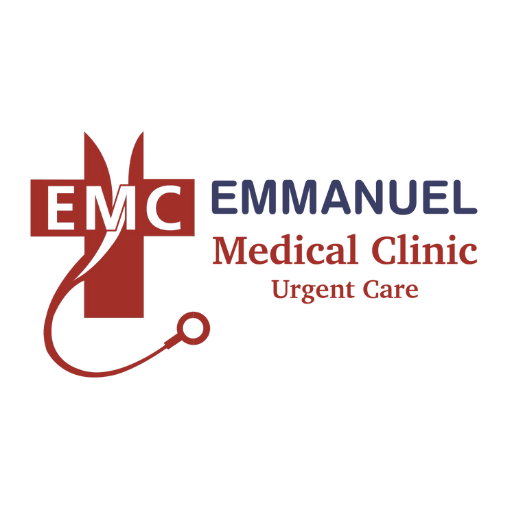
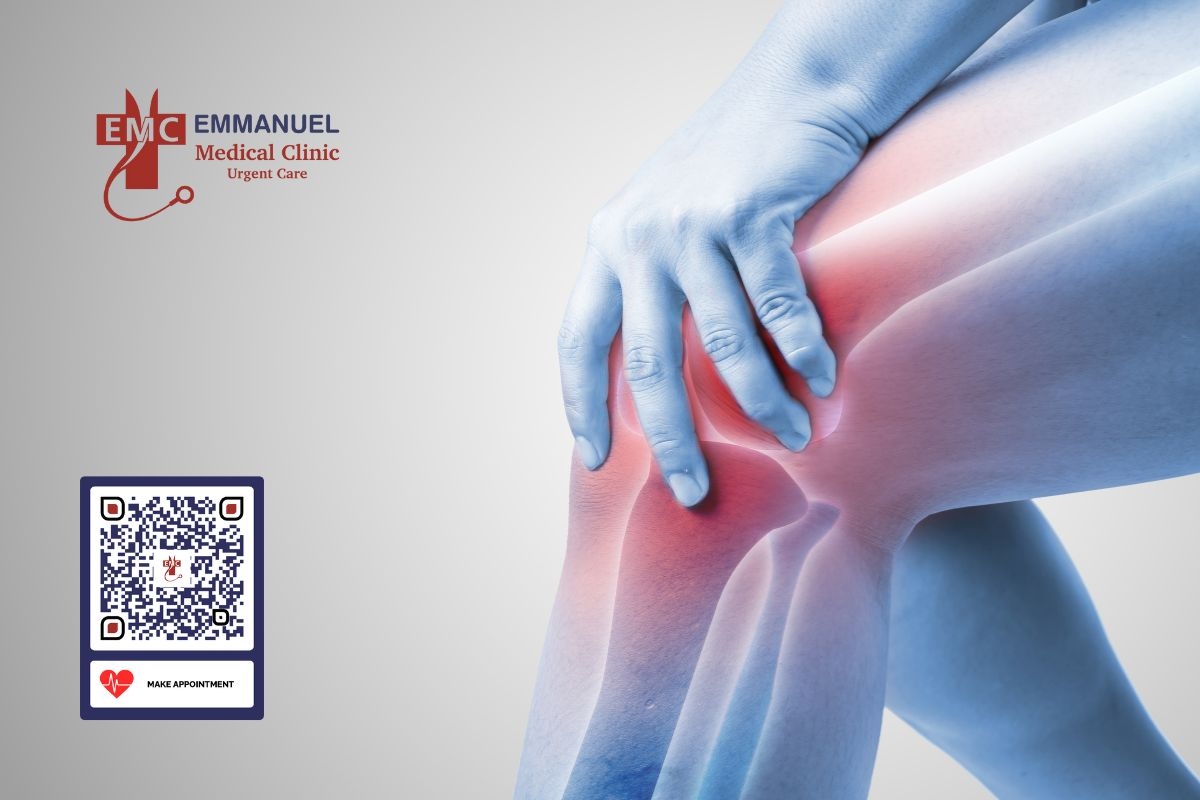
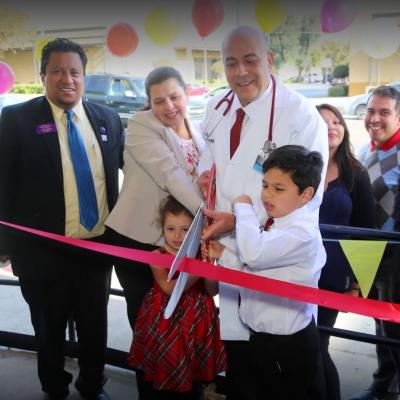

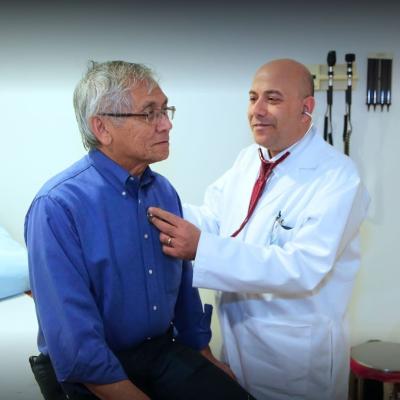


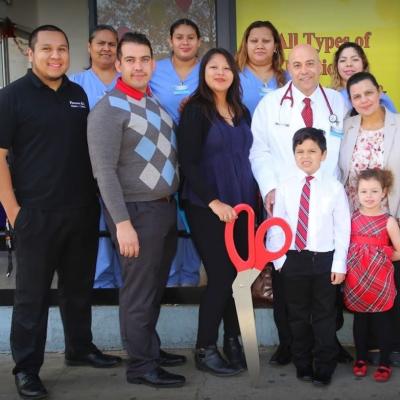


 And then Add to Home Screen.
And then Add to Home Screen.